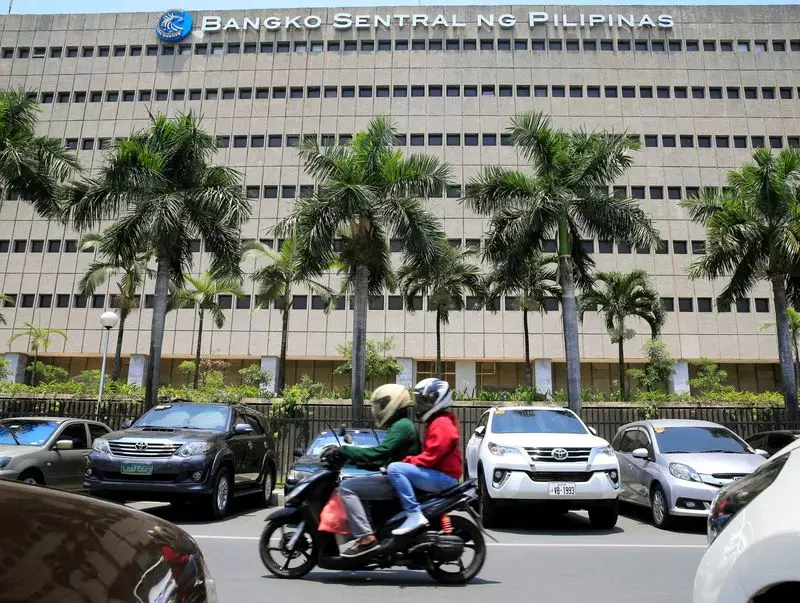The recent announcement from the Bangko Sentral ng Pilipinas (BSP) regarding the establishment of an interest rate swaps (IRS) market marks a significant milestone in the evolution of the Philippines’ financial landscape. This initiative aims to create better trading and liquidity conditions for the bond market by anchoring the IRS to a newly established benchmark rate—the overnight reference rate (ORR). The backing of the International Swaps and Derivatives Association further solidifies the ORR’s credibility, presented as a robust tool for managing interest rate risk in an environment where pricing was historically based on less reliable data from thinly traded government securities.
Previously, institutions encountered challenges in pricing loans due to the reliance on government securities that showcased limited trading volumes. By utilizing the ORR, which is determined from the central bank’s daily reverse repurchase auctions, the financial community anticipates a more stable and predictable benchmark. This change is pivotal as it not only influences the cost of borrowing for corporations and individuals but also establishes a consistent framework for interest rate evaluations across various maturities.
Central Bank Governor Eli Remolona’s comments reflect an optimistic viewpoint regarding these developments. His assertion that the implementation of the PESO IRS will invigorate transaction flows and create a robust yield curve highlights how critical this advancement is for capital market development. An effective benchmark curve can serve as a tool for banks and lenders alike, enhancing their capacity to tailor loan pricing for distinct timeframes.
To bolster the operational efficiency of the IRS, 16 banks have stepped forward as market makers committed to facilitating transactions across various maturities, extending from one month to a decade. This commitment not only helps stabilize the market but also enhances overall interest rate transparency. The active participation of multiple financial institutions in this new market ensures that borrowers have access to competitive pricing and a more extensive array of options when seeking credit.
In tandem with the IRS initiative, the BSP is exploring the introduction of global master repurchase agreements. This initiative would enable banks to efficiently access treasury bonds for repo transactions, further stimulating the government’s securities repo market. The anticipated synergy between the ORR and repo transactions can create an interconnected atmosphere of liquidity, where financial institutions can both manage their risks adeptly and encourage a more dynamic trading environment.
The launch of an interest rate swaps market in the Philippines signifies more than just an enhancement to bond market operations; it represents a crucial evolution toward financial sophistication. As the ORR establishes itself as a reliable benchmark for pricing loans, the broader implications for market transparency, liquidity, and the overall health of the capital markets become increasingly apparent. This proactive approach by the BSP and their commitment to fostering a vibrant financial ecosystem positions the Philippines favorably as it navigates the complexities of modern financial markets.

